How do you take accountability in relationships? The question reminds me of the lyrics to a famous Calvin Harris song, “Can’t you see it? I was manipulated; I had to let her through the door. Oh, I had no choice in this; I was a friend she missed. She needed me to talk. So blame it on the night. Don’t blame it on me.”
Well, accountability is the total opposite of this. You don’t blame it on the night, one way or another. And you definitely don’t blame it on the manipulation. Most of the time, you make a choice. And how you acknowledge those choices with ample self-awareness shows how accountable you are to your relationships. Do you wonder what the importance of accountability in a marriage or relationship is? Or where do you stand on the relationship accountability spectrum or if it takes emotional intelligence to practice it?
Let’s learn more about this with the help of emotional wellness and mindfulness coach Pooja Priyamvada (certified in Psychological and Mental Health First Aid from Johns Hopkins Bloomberg School of Public Health and the University of Sydney). She specializes in counseling for extramarital affairs, breakups, separation, grief, and loss, to name a few. She’ll shed more light on how to be accountable and what to do when your partner refuses to be accountable.
What Does It Mean To Take Accountability In A Relationship?
Table of Contents
When asked, “What is accountability in a relationship and how can one person show it?”, Pooja responded, “Taking ownership or accountability means that you share your part of and accept responsibility to make that relationship work in a functional and healthy way.” Honesty and accountability in relationships are all about checking yourself instead of going into guilt or blame mode. The journey of figuring out how to take accountability in a relationship starts with asking yourself a couple of questions rather than playing a blame game,
- How is this about me?
- What part did I play?
- What can I learn from this?
Accepting accountability basically means acknowledging and taking full responsibility for your actions. Sometimes, in the heat of an argument, we don’t accept our mistakes, even though, deep down, we know that we might be wrong because of a lack of conscious self-awareness. These are a few signs of lack of accountability in relationships.
To have an upper hand, we focus all our energies on proving ourselves right and shifting the blame onto the other person. This is when we need to ask ourselves, “What is more important, the power game or the relationship itself?” Giving up your ego for the health of your bond with your SO is one of the many examples of accountability in relationships.
Remember, the dynamics of accountability vs blame in relationships significantly impact their overall health and stability. In healthy relationships, accountability involves taking responsibility for your part in a situation, while blame tends to focus on pointing fingers and assigning fault, leading to more conflict.
Now, let’s take some time to reflect on this. Are you a partner who isn’t able to take accountability? Are you someone who only focuses on how to hold someone accountable in a relationship? Is this behavior impacting your relationship, potentially bringing it to the verge of being toxic? “The worst toxicity,” Pooja says, “ is overstepping the boundaries of a partner, overriding their consent and autonomy. If any of the partners feels reduced or claustrophobic in any relationship, both partners need to reflect on the cause of it.”.
How Important Is Accountability In A Relationship?
Now that we understand what taking accountability is, let’s try to ascertain how important it is to show accountability in a relationship and why. To understand its importance, let’s draw a parallel with the concept of accountability to God (your religious beliefs notwithstanding, hear us out). According to research, people who held themselves accountable to God experienced more happiness and well-being in their lives.
After all, the whole point of accountability is becoming self-aware of the fact that our actions have repercussions and that a blame game would not solve them. To accept responsibility for those is, therefore, necessary. This is what the importance of positive accountability in relationships also boils down to. It can be summed up as:
- It makes your partner feel seen, heard, and valued
- Your partner doesn’t think that the relationship is one-sided and he/she is the only one doing all the work
- It makes you a more compassionate, empathetic, and giving human being. You learn to step into other’s shoes
- It makes you a self-aware person as you keep discovering ways you can grow
- It increases trust, honesty, openness, vulnerability, and dependability
How Does Lack Of Accountability In A Relationship Harm It?
Pooja shares an interesting case study on the signs of a lack of accountability in romantic relationships. “Lack of accountability breeds lack of trust and then miscommunication, leading to disputes. A client’s journalist husband (with a lot of traveling work) would not update her about his whereabouts. She repeatedly told him that this made her anxious but he paid no heed to it.
“She started imagining he was having an affair. She started looking for ways to sneak into his phone and devices and this led to a lot of unnecessary conflict in the marriage. Her initial concern was only about his safety but it blew up into something completely different,” says.
When individuals are held accountable for their actions in a relationship, it creates a foundation of trust and responsibility that contributes to their overall health and stability. Hence, if you notice signs of a lack of accountability in romantic relationships, it is better to work on them before they start causing harm and blowing things out of proportion. As is clear from the above example, signs of lack of accountability in relationships lead to:
- Ignorance, denial, deflection, blame game, and excuses (when it comes to mistakes)
- Inability to compromise on a disagreement
- Selfish behavior and blame-shifting
- More arguments, tantrums, and grudges
- Lack of maturity, adjustment, kindness, and respect
How To Practice Accountability In A Relationship — 15 Tips
Now comes the million-dollar question: how to take accountability in a relationship? Like with anything else involving human relationships, there is no one-size-fits-all answer to this. Accountability can mean different things to different couples. The bottom line is that as long as there is a sense of responsibility toward the partner and the general health of the relationship, you can claim to have accountability in your relationship.
There is interesting research that shows how shared calendars are a way to practice accountability in intimate relationships. According to this paper, the relationship accountability spectrum is all about being answerable to your partner (for your past, present, and future behavior). Let’s take a look at how that translates into everyday actions with these tips on how to show you are accountable.
1. Start small
Elaborating on the need to start small, Pooja says, “You need to realize how important your relationship is to you. Maybe start with small romantic gestures. Apologize for the little things to establish honesty and accountability in relationships. Remind yourself that your partner is important to you and so are their feelings. Be honest about your mistakes. If you can’t speak directly, write them down and share them with your partner.” For example, “I am sorry I couldn’t take our pet out for a walk today. Thank you for walking him. I am grateful.”
2. Set clear rules and boundaries
“Clear rules and emotional boundaries need to be set so that each partner automatically becomes accountable and together you can build a healthy relationship. This must be done when both are calm and stable. Blame-game and angrily lashing out does not resolve anything,” says Pooja.
When you are unable to hold yourself accountable, you may say things like, “Why is it always my mistake? You just keep pointing out problems in me.” To bring about a shift, try a more reconciliatory approach and say, “Can you please explain what about my actions bothers you?”
3. Work on accountability in relationships every day
Pooja advises, “Accountability becomes a habit when you consider the relationship important enough to work on. On a daily basis, try to ensure that you and your partner are on the same page regarding routine as well as important things. Make sure there is open communication and quality time spent to facilitate this communication, which is not solely focused on how to hold someone accountable in a relationship but also involves looking inward.”
One of the examples of accountability in relationships can be, “I am sorry that I haven’t given this relationship enough time lately. I acknowledge it and I will surely try my best to take out time.” Take out time every day to have a meaningful conversation, no matter how busy you are. Fix a specific time in your calendar. Being there with each other without distractions is all that matters.

4. You don’t have to change your basic personality
Pooja rightly points out, “Everyone must acknowledge that some bad habits are change worthy. For example, if your partner wants you to not smoke, maybe it is worth trying to quit or reduce it at least. But basic personality, of course, can’t be changed and that must be clear to all. For instance, an introvert would not suddenly become an extrovert.” By not changing your intrinsic personality, you show accountability in a relationship in the most authentic way.
Related Reading: 9 Tips To Make An Introvert And Extrovert Relationship Work
5. Ask your partner where they stand and what they want
To be more accountable to one another, you need to be in sync and understand what the other person wants from the relationship. To facilitate that, you can ask questions like:
- Where do you think we stand in our relationship?
- What, according to you, is missing in our relationship?
- What can I improve on or make changes on?
- What makes you feel loved?
- What are you not willing to compromise on?
- What steps can we take to make each other’s lives easier?
6. Be a good listener and don’t offer solutions
One of the ways to show accountability in a marriage or relationship is by listening actively, with patience and empathy. If your partner is going through a tough time, they don’t need a caretaker or problem solver. All they need is someone who can be there for them, patiently listening in a neutral, open, non-judgmental, and attentive manner. To be truly there for someone sounds so simple, but in reality, it is much more complex than that.
7. Be mindful of their unresolved issues
When showing positive accountability in relationships, it’s important to be sensitive toward someone’s childhood trauma and the several conflicts in their mind. If your partner has faced or witnessed mental, emotional, or sexual abuse while growing up, you can encourage them to join a peer group, which can act as their safe and reliable space for working through their trauma. This is a sign of a healthy relationship.
Sometimes, they might feel triggered due to their emotional baggage and project their issues on you. But in order to learn how to take accountability in a relationship, you need to remind yourself not to take it personally. It has nothing to do with you and everything to do with their insecurities and their relationship with themselves.
Related Reading: 20 Questions To Ask Your Partner To Build Emotional Intimacy
8. Be open to criticism
One of the most important ways to show accountability is to be flexible enough to incorporate constructive criticism. So, if your partner tells you that you can work on being more disciplined in your personal and professional lives, don’t get defensive, withdraw into a shell, or show a lack of respect. Instead of taking their words to heart, look at them as an opportunity to improve yourself. Not being open to criticism is one of the signs of lack of accountability in relationships.
9. Keep commitments
Keeping your promises equals showing your partner that they can count on you, just like a favorite song that never lets you down. Being reliable builds trust, and trust is like the glue that holds your relationship together, making it stronger and happier. So, when you say you’ll do something, give it your all to make it happen!
10. Regular check-ins
Think of check-ins like tuning up a bike to keep it running smoothly. Regular conversations not only help improve communication in your relationship but also fix any tiny issues before they become big problems, like catching a cold before it gets worse. It’s like a friendly chat that keeps the train on the right track.

11. Be supportive
Practicing accountability in your relationship involves offering emotional support when your partner faces any difficulties. By being their dependable source of strength, you cultivate trust, and in turn, this trust deepens your connection. So, during tough times, be the supportive presence that fortifies your relationship.
12. Seek feedback
Even studies show that if feedback is given respectfully and with good intentions, it can motivate a person to improve. Seeking feedback is like asking for directions on the road to a better relationship. When you show a genuine interest in how you can improve, it’s like telling your partner, “I’m all in for making you happy.” It’s like adding more colors to your love canvas, creating a masterpiece of joy together.
13. Avoid defensiveness
When your partner brings up a concern, resist the urge to put up walls. Understanding the difference between accountability vs blame in relationships can lead to more effective conflict resolution and stronger emotional connections. Instead, try to step into their shoes and see things from their perspective. It’s like opening a door to constructive solutions, helping your relationship grow stronger by addressing issues together, like a dynamic duo.
Related Reading: Responsibility In Relationships – Different Forms And How To Foster Them
14. Solve problems together
What is accountability in a relationship if not a way to fortify your bond and build a healthy relationship? So when challenges pop up, tackle them as a team. It’s like both of you putting your heads together to crack a puzzle. Solving problems side by side strengthens your bond, making your relationship a tag team of support and understanding.
15. Apologize sincerely
When you’ve caused pain, saying sorry sincerely is like mending a broken piece with care. Expressing your regret, recognizing the hurt, and genuinely wanting to make things right is like applying a healing balm to your relationship. It’s the art of rebuilding trust, one heartfelt apology at a time. Effective communication is the key ingredient for maintaining a successful relationship built on emotional intimacy, trust, and understanding.
Key Pointers
- Accountability means taking full responsibility for your actions
- Accountability leads to more self awareness, trust, vulnerability, dependability, mutual respect, and compassion
- Working on showing accountability can start with little things and daily tasks
- Seek therapy if you are having trouble holding someone accountable
- Set clear boundaries and be vocal and assertive about your needs
- Seek therapy if you are having trouble holding someone accountable
- Showing accountability doesn’t mean changing your basic personality
- If your partner refuses to be accountable in the relationship, it can turn it into a toxic and unsafe space
It’s crucial for couples to address accountability vs blame in relationships openly and honestly to build trust and maintain healthy relationships. Moving forward, let’s end with a quote by Crystal Renaud: “Just like confession means talking about the elephant in the room, accountability is about allowing someone to help you fight the elephant.” Remember, this fight can’t be won by playing a blaming game on each other but only through authenticity and honesty.
FAQs
It is to ensure that after every fight, both partners take the time to reflect on their parts and own up to their mistakes, if any. They should ensure that they have uncomfortable but necessary conversations about where they went wrong.
One partner is accountable in a relationship if they are honest about their strengths and weaknesses and don’t mind keeping their ego aside and apologizing when they are the ones at fault. You or anyone in a relationship is accountable when you are ready to make changes instead of staying complacent.
What Does ‘Holding Space For Someone’ Mean And How To Do It?
Your contribution does not constitute a charitable donation. It will allow Bonobology to continue bringing you new and up-to-date information in our pursuit of helping anyone in the world to learn how to do anything.

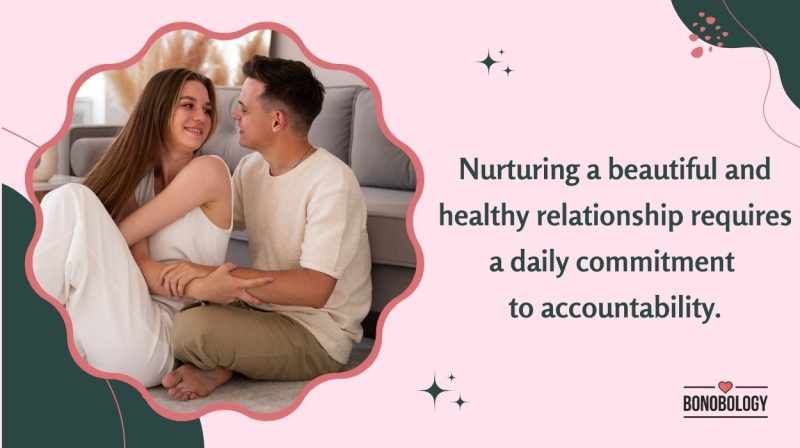


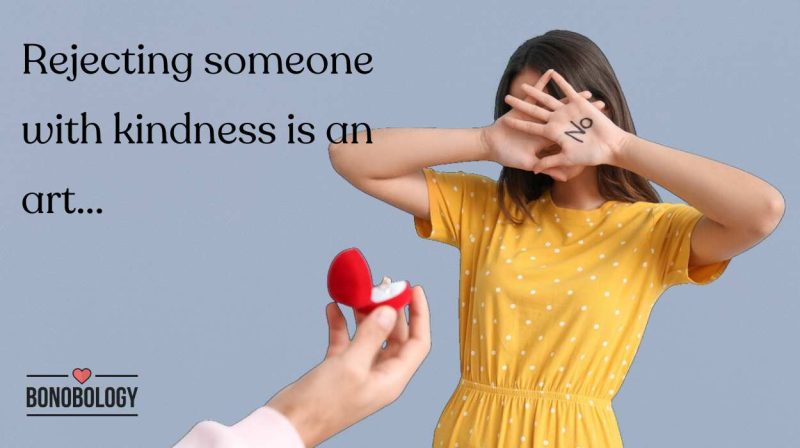
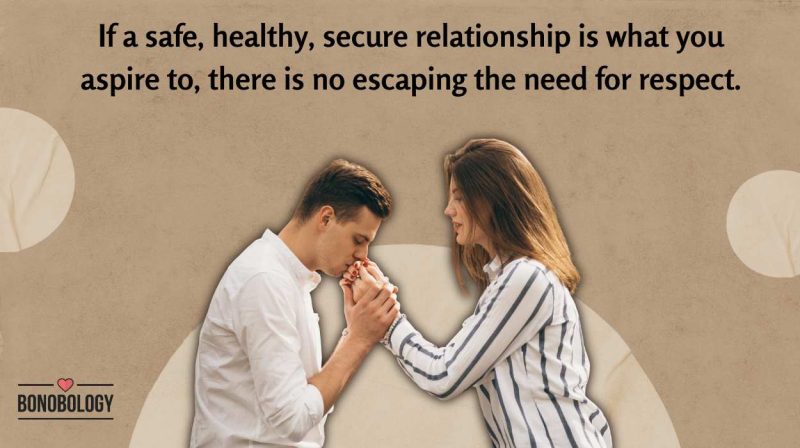

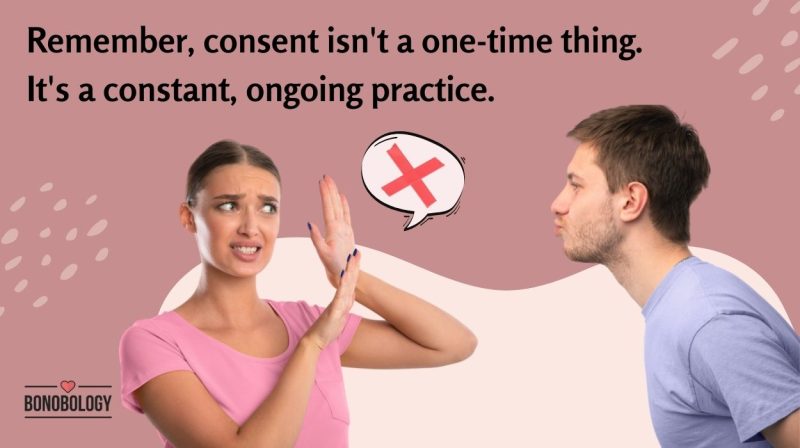

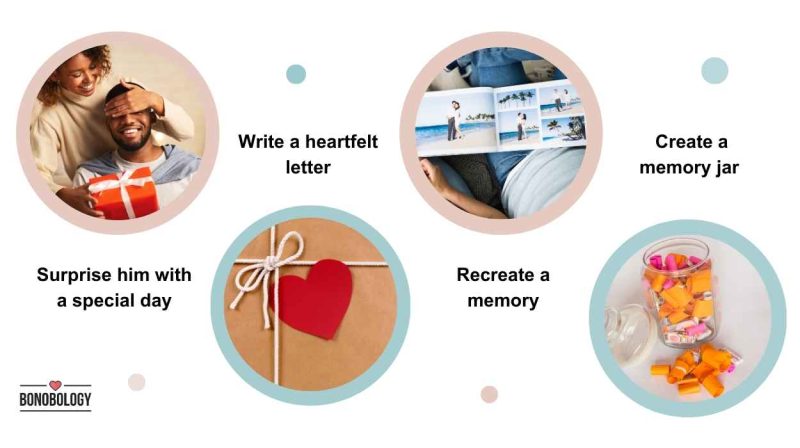
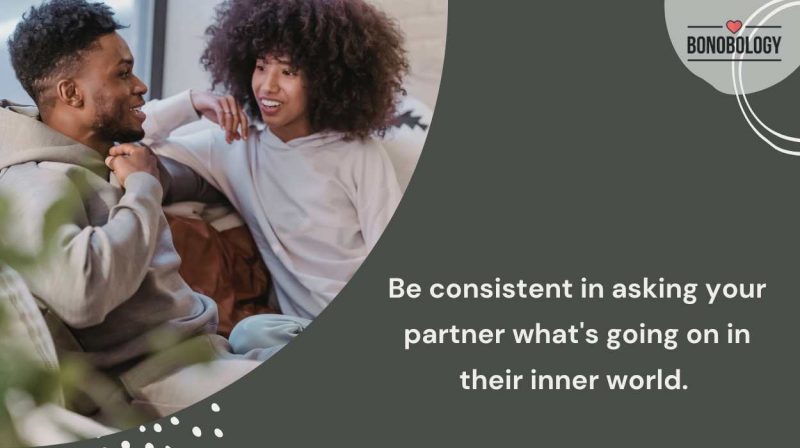




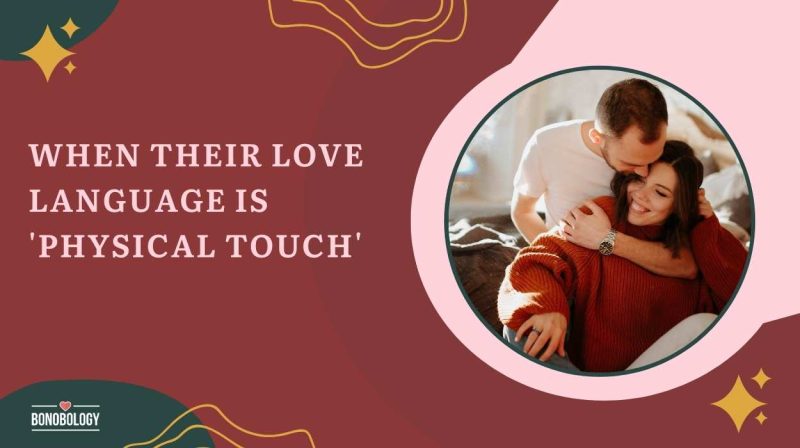
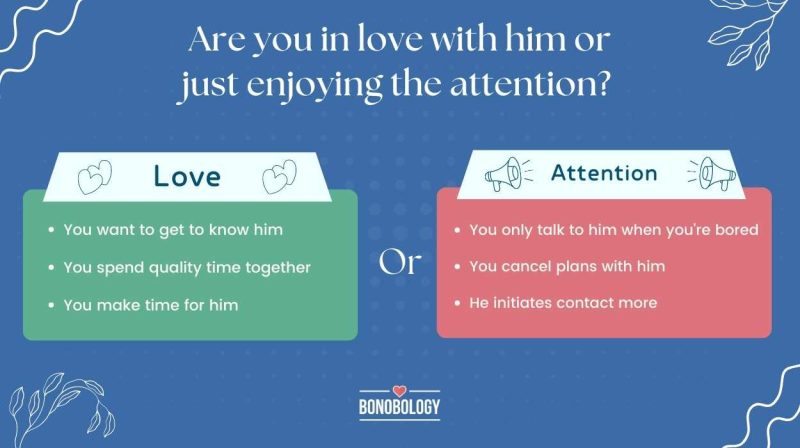
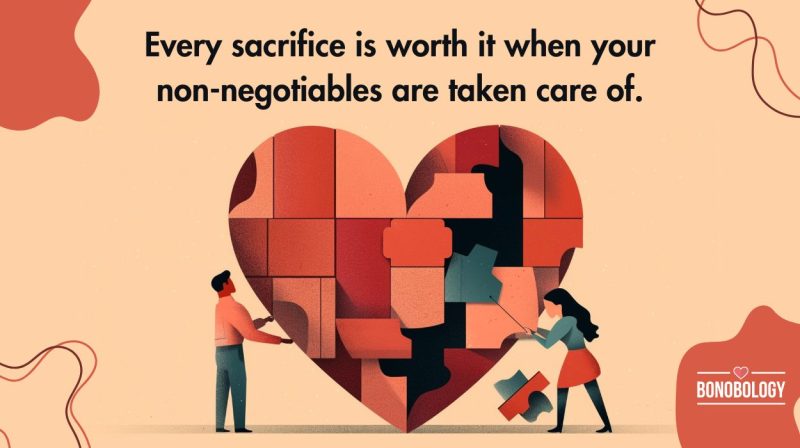
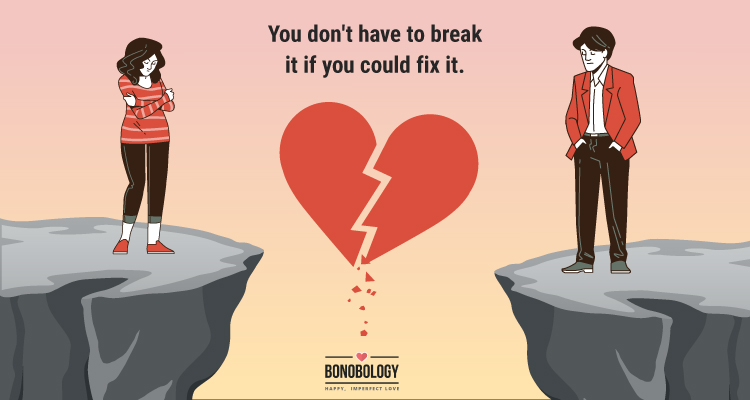
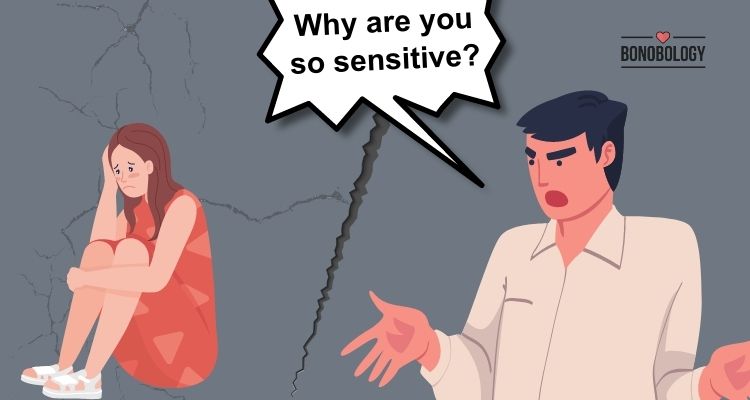


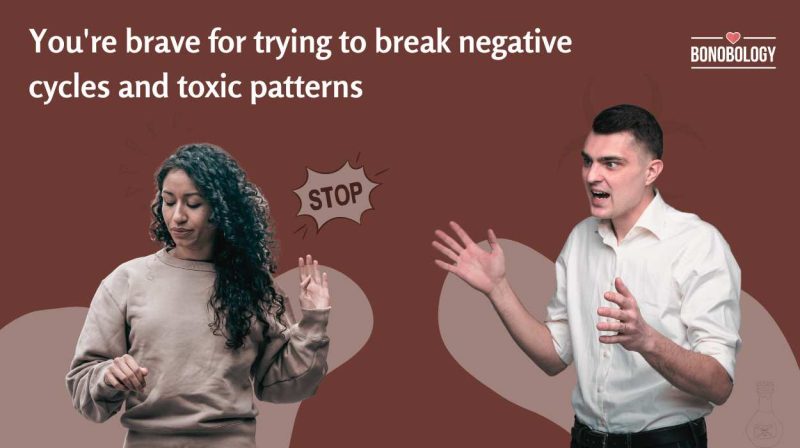
Featured
How He Treats You Is How He Feels About You — Is It True?
How To Let Someone Down Easy With Kindness And Grace — 13 Tips
How To Show Respect In A Relationship — 9 Ways
The Pitfalls Of Nice Guy Syndrome: How It Affects Relationships
Navigating The Complexities Of Consent In Modern Relationships
11 Ways To Deal With A Sexually Demanding Husband
How To Apologize To Your Boyfriend: 15 Ways
10 Thought-Provoking Relationship Check-In Questions for Deeper Connection
Is A Monogamous Relationship Right For You? 11 Questions To Help You Find Out
10 Signs You Are In A Truly Stable Relationship (Even If You Feel Otherwise)
7 Subtle Signs Your Partner is Quiet Quitting Your Relationship
Secure Relationships – What Are They And What Do They Look Like?
Physical Touch Love Language: What It Means With Examples
Do I Like Him Or The Attention? Ways To Find Out The Truth
17 Non-Negotiables In Relationships You Must Never Compromise On
15 Ways To Solve Relationship Problems Without Breaking Up
9 Common Narcissist Gaslighting Examples We Hope You Never Hear
The Most Important 7 Qualities Of A Healthy Relationship
15 Early Signs He Is A Player And Isn’t Serious About You
15 Expert Tips To Stop Being Toxic In A Relationship